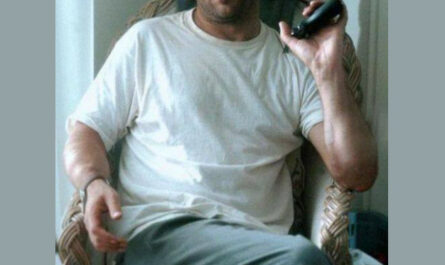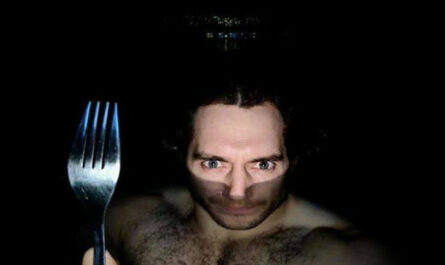Daniel Radcliffe, the beloved actor who brought the character of Harry Potter to life, has spent the majority of his life under the scrutiny of the public eye. From his early days as a child star to his continued success in the entertainment industry, Radcliffe’s journey has been both magical and challenging. In this in-depth exploration, we delve into the actor’s candid insights on the loss of privacy, the intrusive nature of paparazzi, and his strategies for finding balance in the relentless world of fame.
The Loss of Privacy:
Early Exposure:
Radcliffe’s journey into the limelight began at a remarkably young age, catapulting him into a world where fame became inseparable from his identity. In interviews, he has expressed the challenges of growing up without the luxury of anonymity, stating that he “never really knew what it was like to not be famous.” This early exposure has undoubtedly shaped his perspective on identity, self-discovery, and the blurred lines between public and private life.
Constant Scrutiny:
Living in the public eye, Radcliffe has described the experience as akin to residing in a fishbowl. The constant scrutiny from the media and paparazzi has been a defining aspect of his life, with every move analyzed, dissected, and often sensationalized. This relentless attention has not only influenced his personal life but also played a significant role in shaping his mental health.
Impact on Mental Health:
Radcliffe’s openness about his struggles with anxiety and depression has shed light on the profound impact of fame on mental well-being. He has acknowledged that the pressures of constantly being in the public eye have contributed to these challenges, emphasizing the need for a nuanced understanding of the toll fame can take on an individual’s mental health.
The Intrusiveness of Paparazzi:
Obsessive Pursuit:
A vocal critic of paparazzi tactics, Radcliffe has condemned the obsessive pursuit that often characterizes their approach. Recounting instances of relentless pursuit, he has highlighted the invasive nature of their actions, describing them as a blatant violation of personal boundaries.
Invasion of Personal Life:
Radcliffe has vehemently opposed the paparazzi’s habit of capturing celebrities in their most intimate moments. From outings with friends to family gatherings, he argues that these intrusions not only compromise his privacy but also jeopardize the safety and well-being of those around him. This raises questions about the ethical boundaries that should be respected in the pursuit of a newsworthy photograph.
Lack of Respect:
In Radcliffe’s view, the paparazzi often fail to recognize the humanity of celebrities. He has criticized their tendency to dehumanize public figures, reducing them to mere objects of entertainment. This lack of respect, he argues, perpetuates a culture that undermines the emotional and psychological well-being of those constantly in the public eye.
Finding Balance:
Setting Boundaries:
Despite the challenges posed by fame, Radcliffe has actively sought ways to maintain a semblance of privacy. He emphasizes the importance of setting boundaries, delineating spaces that are off-limits to the prying eyes of the media. This intentional effort to protect personal space speaks to the actor’s commitment to preserving aspects of his life beyond the spotlight.
Developing a Support System:
Acknowledging the difficulties of navigating fame, Radcliffe credits his support system—comprising family and friends—with playing a pivotal role in helping him cope with the pressures that accompany celebrity status. This underscores the significance of a strong support network in mitigating the adverse effects of constant public attention.
Finding Meaning Outside of Fame:
Radcliffe’s perspective on fame extends beyond the screen, emphasizing the importance of finding meaning and fulfillment outside of the entertainment industry. By nurturing interests and pursuits beyond acting, he suggests that celebrities can maintain a healthier perspective on fame and avoid becoming consumed by it.
Conclusion:
Daniel Radcliffe’s revelations on celebrity privacy and the impact of paparazzi culture offer a rare glimpse into the challenges faced by those in the public eye. His experiences underscore the need for a more balanced approach, one that respects the privacy and well-being of celebrities while acknowledging the public’s legitimate interest. As we reflect on Radcliffe’s journey, we are reminded of the complex interplay between fame, mental health, and the ethical responsibilities of media professionals. Ultimately, his story serves as both a cautionary tale and a call to action for a more empathetic and respectful approach to celebrity coverage.



